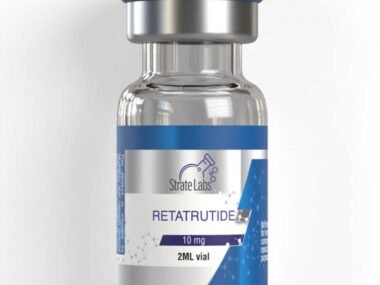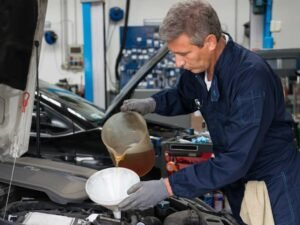While brushing teeth twice daily is a widely recognized practice, modern dental care encompasses far more than this basic routine. This article explores proven methods to upgrade your dental hygiene by implementing advanced oral care techniques.
The Science of Effective Brushing
The foundation of dental hygiene begins with proper brushing methods. Research shows that most individuals brush for approximately 45 seconds, yet dental professionals recommend a full two-minute routine. For optimal cleaning, separate your mouth into four equal parts and dedicate thirty seconds to meticulously cleaning each section. The recommended brushing approach involves positioning your toothbrush at a 45-degree angle against your gums and using gentle, brief strokes rather than aggressive scrubbing that may damage enamel and gum tissue. Studies indicate that correctly used electric toothbrushes can eliminate up to 21% more plaque compared to manual brushing, making them a worthwhile investment for many users. Contemporary electric toothbrushes incorporate pressure indicators to help prevent excessive force that could gradually lead to enamel deterioration and gum damage.
Optimizing Toothpaste Selection
Toothpaste formulations differ significantly, with specific ingredients targeting various dental concerns. However, fluoride remains the essential component endorsed by dental organizations globally due to its proven ability to strengthen tooth enamel and prevent decay. For individuals experiencing tooth sensitivity, formulations containing stannous fluoride or potassium nitrate effectively block nerve signals and reduce discomfort. Also, hydroxyapatite toothpaste employs the same mineral found naturally in teeth to repair minor damage and enhance dental strength. And while whitening toothpastes with mild abrasives or hydrogen peroxide can improve tooth color, they should be used cautiously to avoid wearing down enamel through excessive use. For those dealing with periodontal issues, antibacterial ingredients like stannous fluoride, zinc citrate, or essential oils help control harmful oral bacteria and reduce plaque formation between brushing sessions.
Tongue Cleaning and Oral Probiotics
The tongue harbors countless bacteria that contribute to halitosis and can resettle on teeth after brushing. Research shows that specialized tongue scrapers are more effective than toothbrushes at removing bacteria, significantly reducing odor-causing sulfur compounds compared to brushing the tongue with a toothbrush. Daily tongue cleaning, performed once or twice by scraping from rear to front, removes bacterial films that accumulate during sleep and throughout waking hours. Recent research indicates that oral probiotic supplements help sustain healthy bacterial populations in the oral cavity, potentially reducing harmful microbes associated with periodontal disease and tooth decay. Beneficial microorganisms compete with pathogenic species for nutrients and adhesion spots while producing antimicrobial compounds that inhibit disease progression. Products containing Streptococcus salivarius K12 and M18 strains show significant promise in maintaining oral microbial equilibrium and enhancing overall mouth health.
Getting Professional Care and Technology Integration
For the best oral health, even the most rigorous home care routine calls for additional professional maintenance. Every six months, dental visits enable professional cleaning that removes hardened plaque (tartar) not possible with only home care. When treatment is usually less complex and less intrusive, these visits can offer vital early identification of possible problems, including cavities, fractured teeth, or early indicators of oral cancer. By means of visual proof, modern technology such as intraoral cameras and digital scanning enables you to grasp your particular oral health requirements better, thereby guiding more informed decisions on treatment alternatives and home care changes. Connected toothbrushes paired with mobile apps track brushing habits, provide instant guidance on proper methods, and identify areas frequently missed during dental routines.
To find clinics that incorporate this level of care and technology, consider searching for terms like “dental implants port charlotte fl” or “advanced dental care near me” to locate professionals who offer advanced diagnostics and restorative solutions. These providers often blend cutting-edge tools with personalised care, ensuring that both preventive and restorative treatments meet the highest standards of modern dentistry.
Conclusion
Upgrading your dental hygiene routine calls for calculated strategies, like those listed above. More important than perfection is consistency, so concentrate on sticking with these little changes over time and see your dentist to develop a customized routine.










